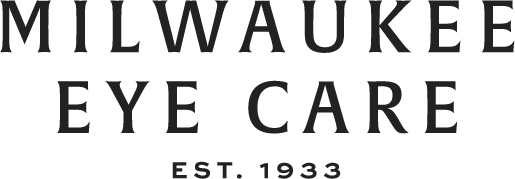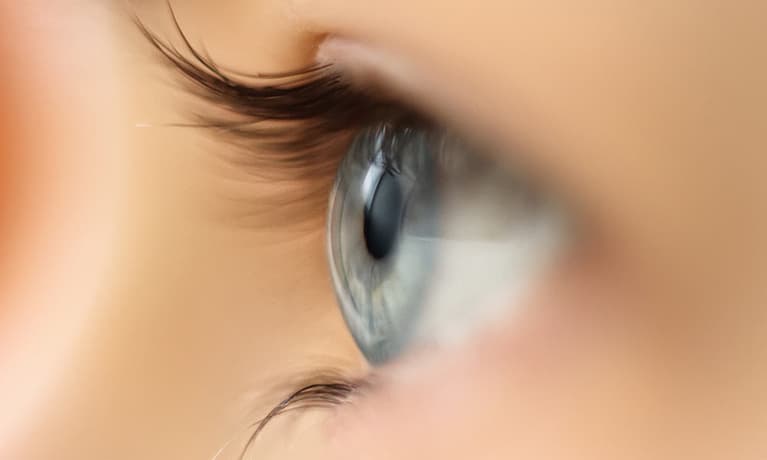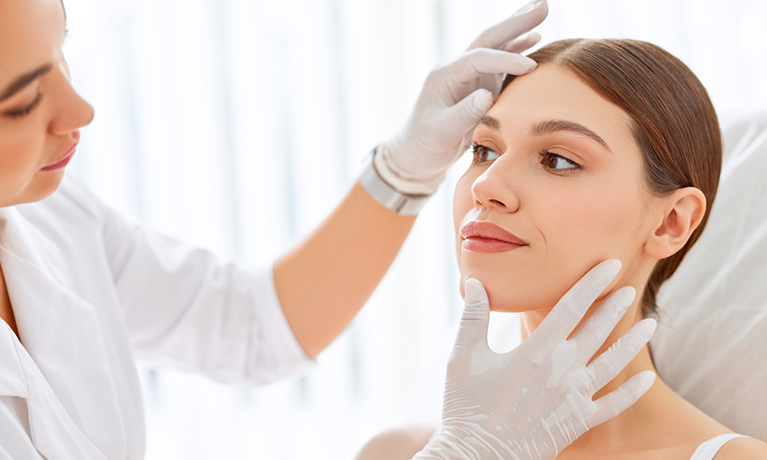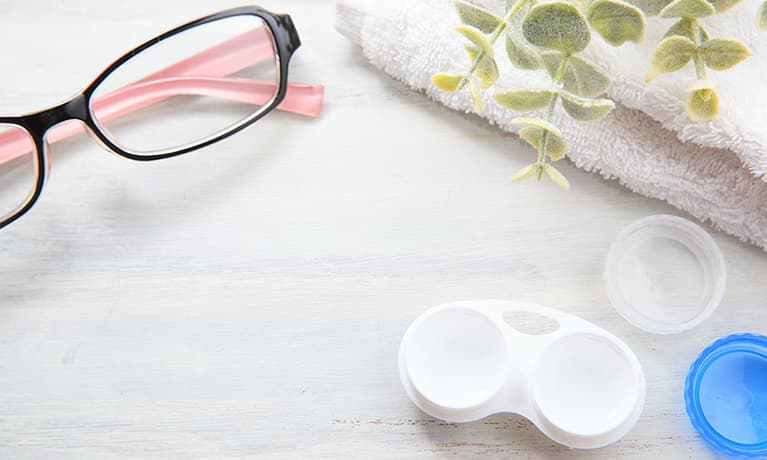Spring has arrived in Milwaukee! I hope each of you are able to get out and enjoy the warmer weather and sunshine. Many of you will also find that your eyes will become itchy and watery this time of year. These symptoms are very commonly due to allergies.
Allergies affect approximately 40% of the U.S. population. About 20% of people will suffer from eye allergies, or allergic conjunctivitis, one of the most common conditions we see this time of year. Essentially, allergies occur when your body reacts with an irritating agent-called an allergen. Some of the most common allergens are pollens, animal dander, dust, mold and smoke. Other common allergens are insect bites or stings, perfumes/cosmetics, medications and foods. An allergy reaction will cause your eyes to become itchy, watery, red and swollen. Additionally, people can experience sneezing, stuffy or runny nose, scratchy throat, difficulty breathing and itchy skin.
Diagnosing Allergies
While symptoms can help diagnose allergies, the key to managing allergies is knowing what you are allergic to, and avoiding that substance as much as possible. An allergist can perform skin tests to help determine the irritating substances. Your eye doctor can confirm the diagnosis of eye allergies by examining your eyes with a slit lamp microscope. Usually, the eyelids will show signs of redness, swelling and discoloration along the inner corners of your eyes often referred to as an allergic shiner. The conjunctiva is a mucous membrane that lines the inside eyelid and the eyeball. It will become red and congested and show small irregularities under the eyelids called papillae.
While allergies are common and can be very debilitating, they very rarely cause serious vision loss. Thankfully allergies can be treated quite effectively, but successful management usually involves medications and efforts to reduce exposure to the allergen.
Allergy Treatment Options
During your particular allergy season try to avoid long-periods of time outdoors. Similarly, keeping your windows closed and using air conditioning with high-quality air filters can help reduce circulating pollen, molds and dust particles inside your home. Frequent cleaning, dusting and laundering can also reduce the levels of allergens in the home. I often encourage people to frequently wash their hands and faces when they come in from the outdoors and take a shower before bedtime to rinse any allergens off their bodies and out of their hair. Monitoring local pollen counts can be helpful in planning activities.
Using allergy/antihistamine eye drops and rinsing your eyes with preservative-free artificial tears can provide the necessary relief. Over the counter products are a fine place to start, but prescription drops should be considered with moderate to severe symptoms. I will also encourage people to take allergy pills and a nasal allergy spray. Most moderate to severe symptoms will require a combination of the above medications.
People who wear contact lenses can have more significant eye allergy symptoms, so it is best to avoid or greatly reduce contact lens use during the allergy season. Those who prefer to use contact lenses, make sure you are cleaning your lenses every day with fresh solution and dispose of them on the recommended schedule. Peroxide lens cleaners do a wonderful job of keeping your lenses clean. If your prescription allows, daily disposable contact lenses are among the best types of lenses because they are very thin and fresh every day. If you are taking allergy drops, I recommend that you take your drops first thing in the morning and allow 10-15 minutes for them to start working before you put your contact lenses in.
If you are experiencing these symptoms or have any other eye problems, please call our office to schedule an appointment.

Written by David Weis, O.D.










